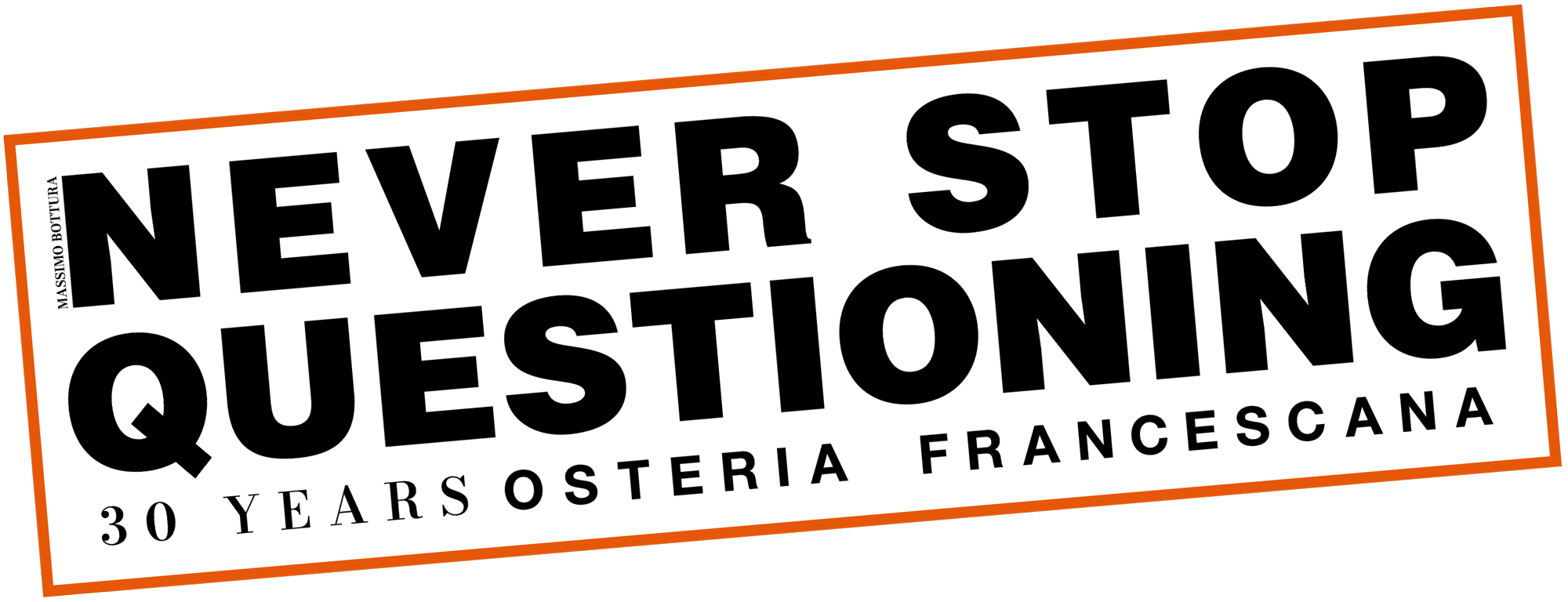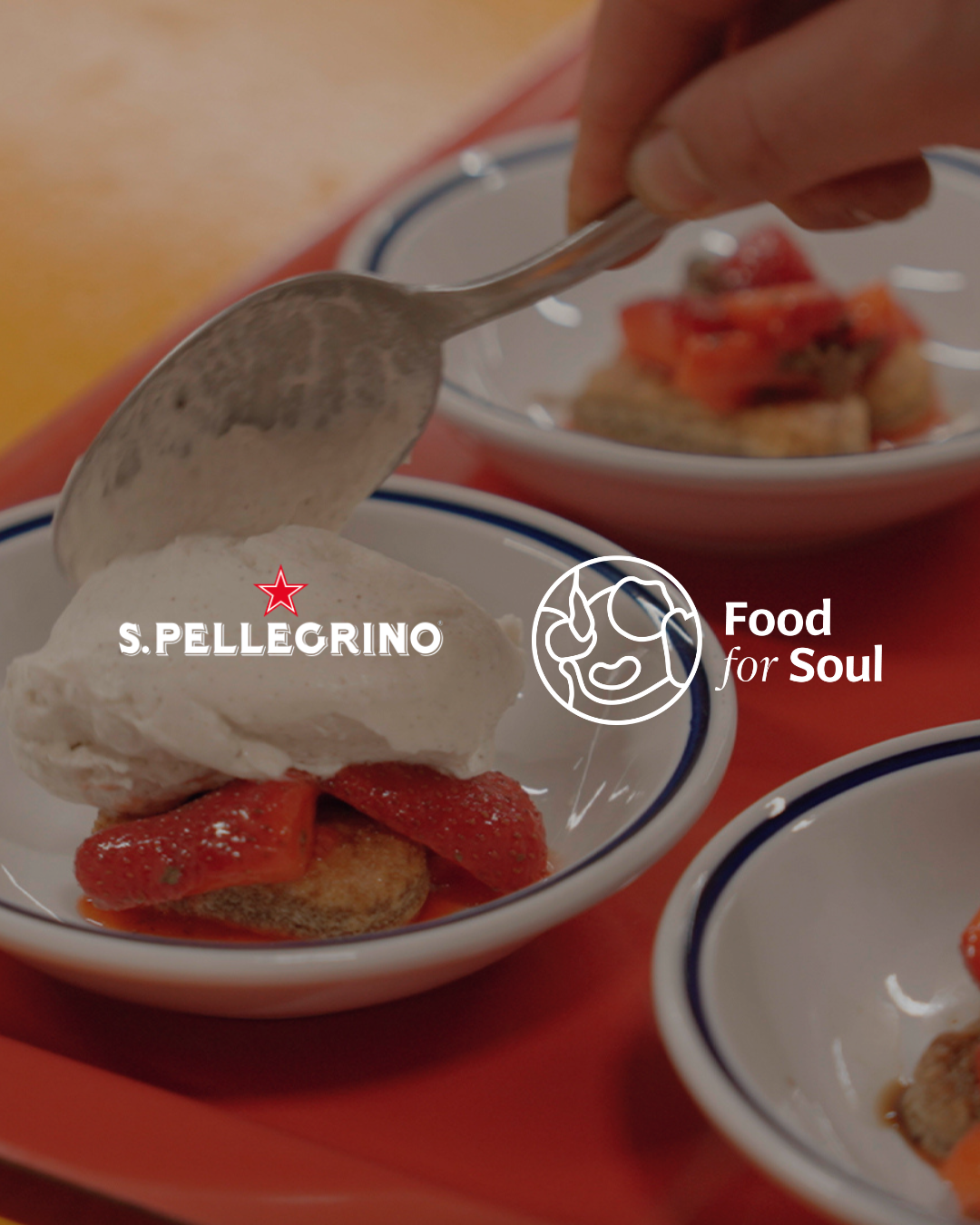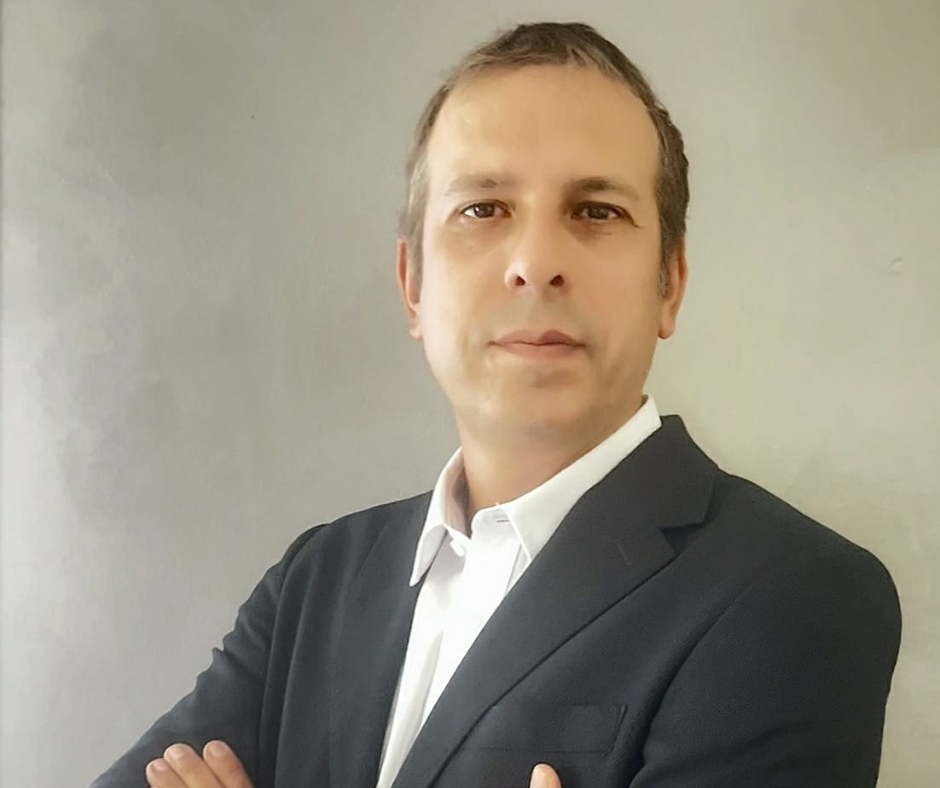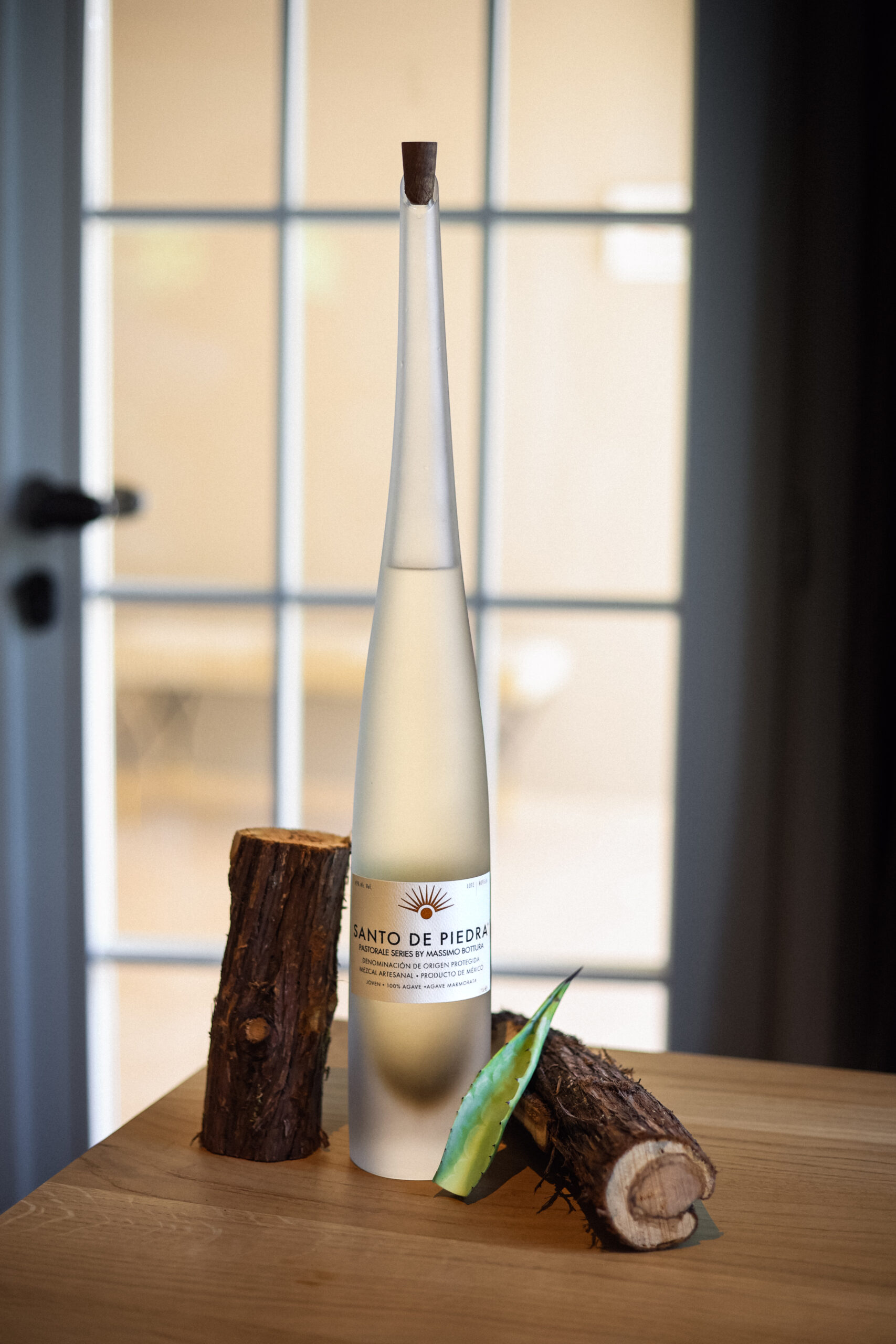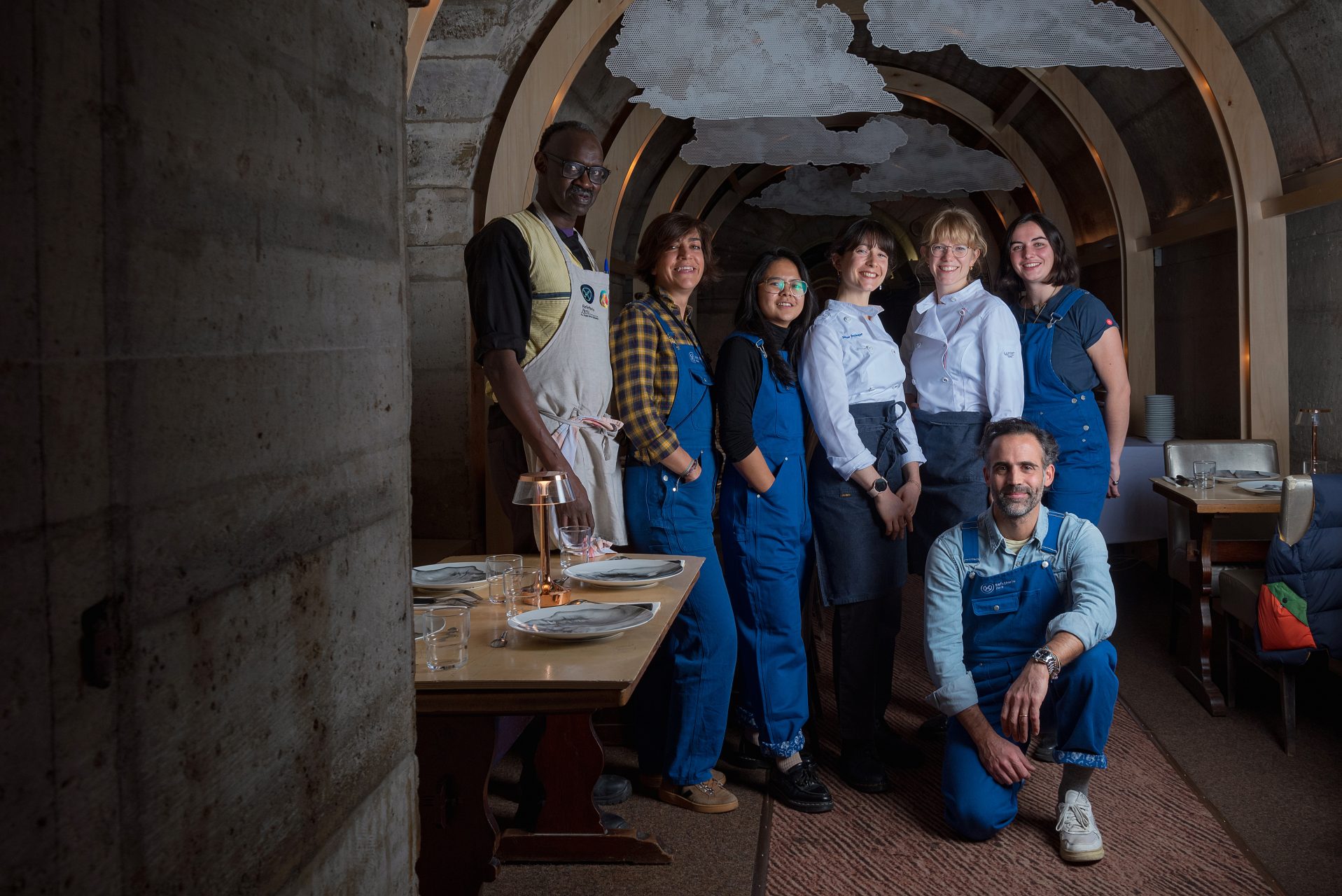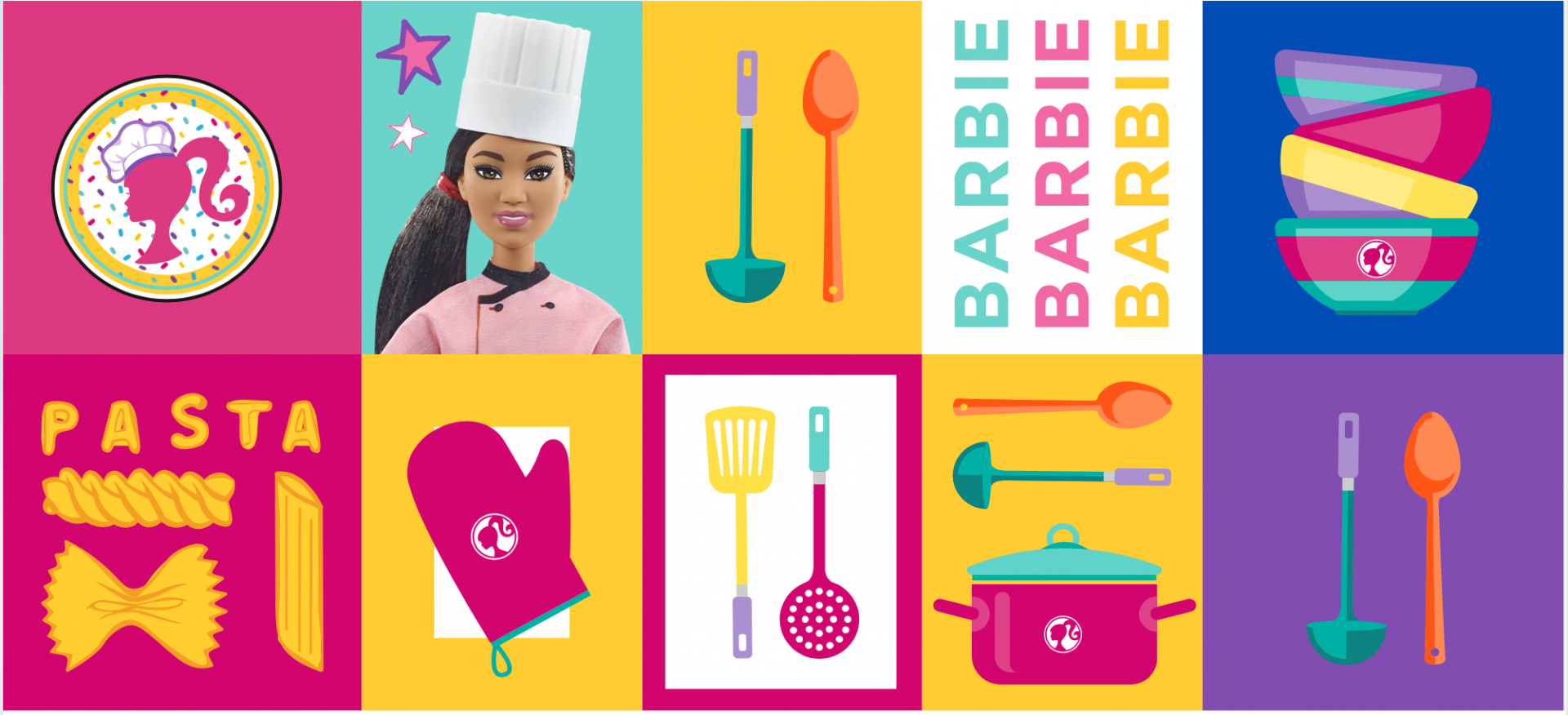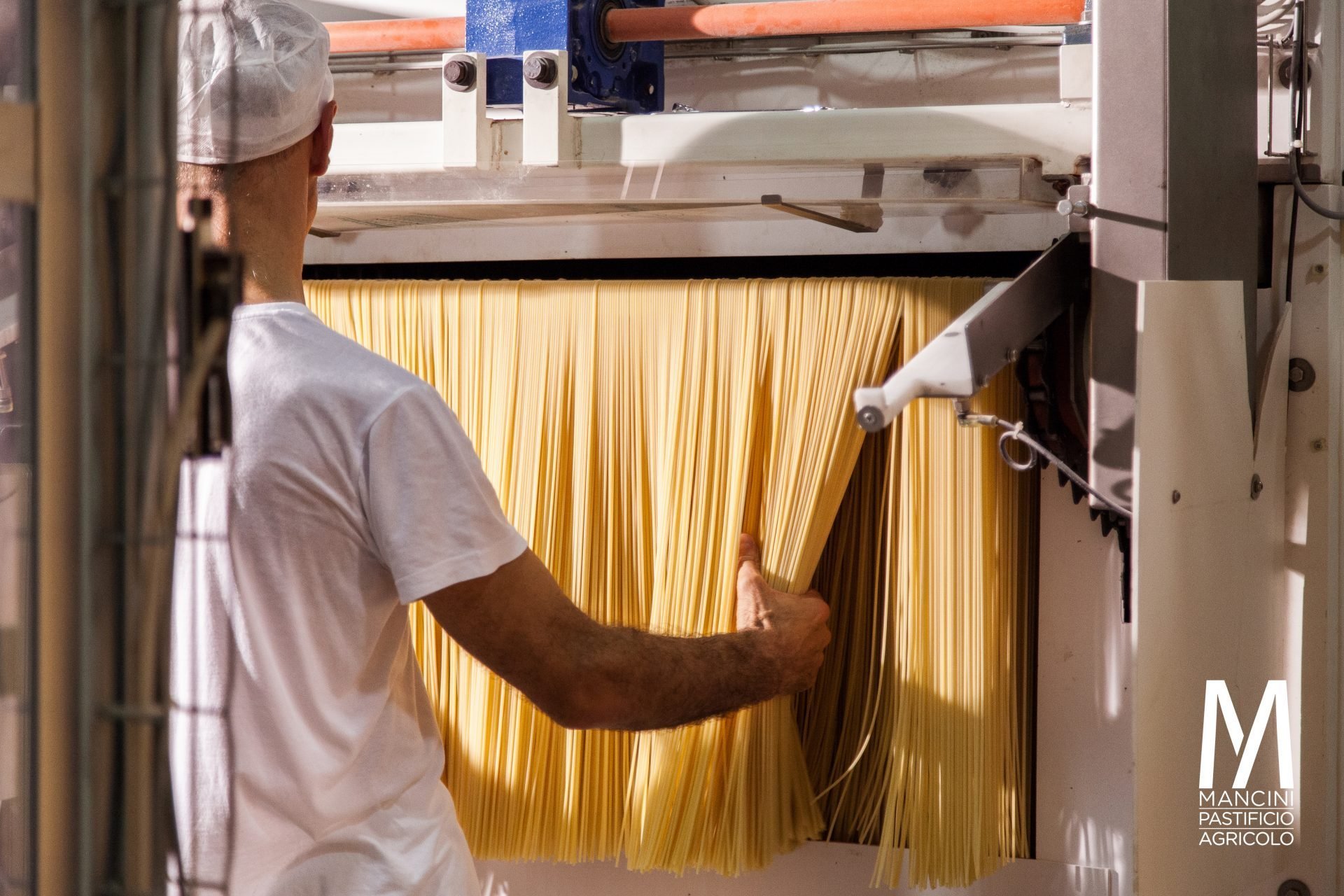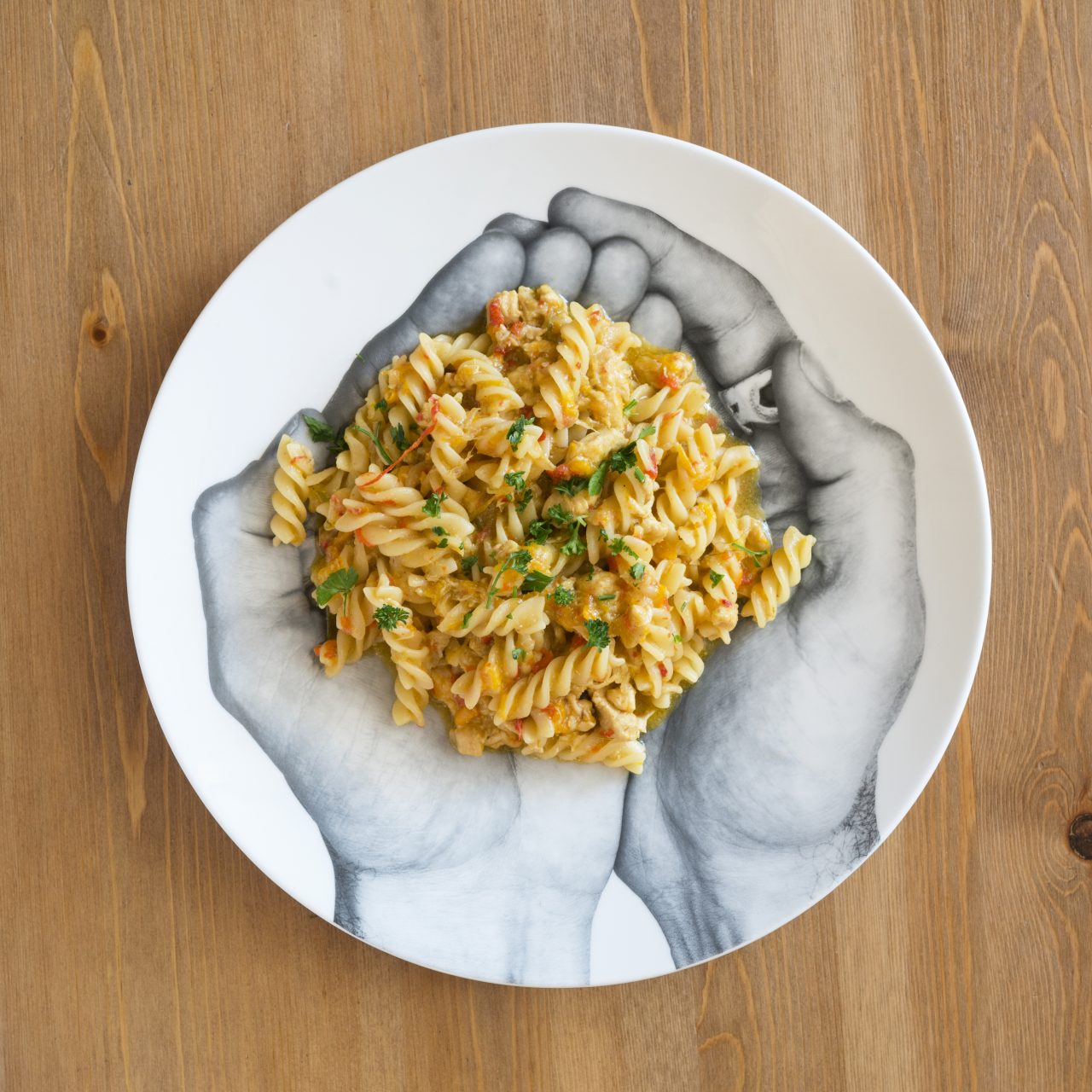David Hertz, chef and social entrepreneur, takes a look back at the impact of 8 years with Refettorio Gastromotiva, which opened in Rio de Janeiro during the 2016 Olympics.
One key innovation is allowing paying guests to enjoy the same meals as those in need, creating a community where customers, volunteers, chefs, and businesses come together. The strategic goal is to provide nutritious meals while extending the Refettorio’s reach beyond its doors, supporting vulnerable communities across Brazil and tackling food waste.
- This year, Refettorio Gastromotiva celebrates its 8th anniversary. What are the most significant milestones you and the team are proud of? How have things evolved since your first services in 2016, and what has remained consistent?
Refettorio Gastromotiva brought a new vision to social gastronomy. We were really focused on the main problems of Brazil, such as social inequalities, lack of jobs, and unemployment. So, we always focused on capacity building and food education with families. With Refettorio Gastromotiva opening, we started to take a deeper look at the food system and the challenges with food surplus and food waste, and we also started to care for new groups such as homeless people. We see Refettorio Gastromotiva bringing new meaning to expanding our mission. Another moment we are very focused on and proud of in these eight years is the objective of being able to replicate the methodology of serving nutritious meals in neighborhood communities, going beyond the doors of Refettorio to vulnerable communities all over Brazil, fighting food waste to give meals to those most in need. - This year, the Refettorio has seen wonderful changes and growing impact with the lunch and evening services. Can you share more about what these new service methods involve and what kind of impact they’ve had so far?
For eight years, we’ve been serving meals at communal tables. Now, we decided to grow the community of Refettorio Gastromotiva. In all these years, we had more than 15,000 volunteers who wanted to contribute to these dinners and also to capacity building. So, we opened a paid lunch with the intention that one person comes here for a meal, and pays for a meal for someone in the evening. This brings empathy and dignity to the Refettorio proposal. One very important thing is that the same food our clients eat is the same food we serve to our social guests (homeless people) at night, with the same quality and ingredients. With that, we keep growing Refettorio as a community in Lapa that brings together clients, volunteers, chefs, and supporting companies. So, the chain is no longer chefs cooking for people in need, but a community building a project to become sustainable. - Hospitality and chef partnerships are crucial to the Refettorio’s success. How have these relationships evolved over the years, and what role do they play in the day-to-day operations and in achieving your mission?
For all the chefs that come here, it’s an exchange. They bring their knowledge, recipes, and teams to do social events, but they also get something out of it. That’s why we say it’s an exchange. The Refettorio model is an inspiration. There is also an exchange of knowledge because when they come here and have to cook using only food surplus, it awakens creativity, something they cannot do every day in their restaurants. It is important that they engage, not only inspire, as teachers and culinary trainers in our programs, and they also indicate new suppliers, so they are a significant part of the community. In addition to all that, they also attract clients. - Engaging and supporting the local community has always been at the heart of Refettorio Gastromotiva’s mission. How have your approaches to community outreach evolved recently, and what tangible impacts have these new strategies achieved?
We were always inspired by Food for Soul, and what we’re good at, our main thing, is cooking nutritious meals. So, for the social work of taking care of the people in need who eat here, we have partnerships with other organizations such as Projeto Ruas (Ruas Project). They come here, get the ingredients, conduct conversation circles, and we handle the food part while the social services are done by partner organizations. - David, thinking back on the journey of Refettorio Gastromotiva, can you recall a moment that challenged your perspective or approach to social gastronomy? How did that experience shape the way you and your team continue to innovate and serve the community today?
What was most emblematic and changed my life was after the Olympics and Paralympics. I remember when we received a full truck of tomatoes, and I realized that with our dinner productions, we would not use all the tomatoes and would waste them. From that moment on, we started making products and also donating ingredients to organizations and churches in the surrounding areas. Until today, we serve more than 45 organizations around Refettorio. I think the awareness of food surplus and food waste changed the way I see food forever. Another thing I always remember, and it’s Gastromotiva’s contribution to society, is our training program. One of our trainees who was trained here in 2017 won the Best Chef Awards in Rio de Janeiro last year. He is also hiring young chefs who are graduating from Refettorio Gastromotiva. So, one aspect is the consciousness we bring to everyone here about where the food comes from and the importance of not wasting food. Another is that those who learn how to produce food can have a prosperous career.


